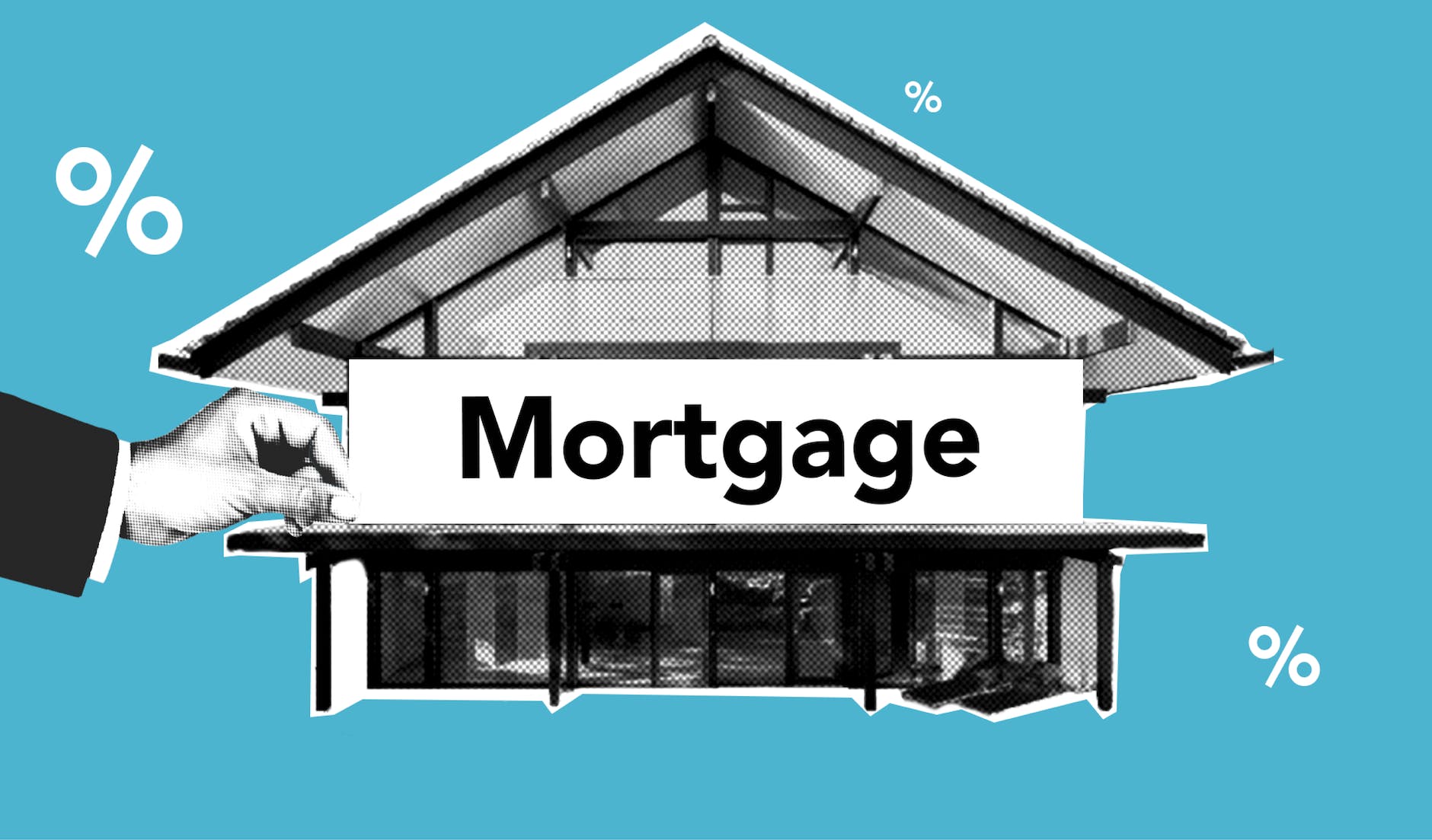Refinancing an existing mortgage involves replacing an old mortgage with a new one that has different terms, such as a lower interest rate, different loan duration, or a different type of mortgage. Refinancing can help homeowners reduce their monthly mortgage payments, shorten their loan term, or switch from an adjustable-rate mortgage to a fixed-rate mortgage. Here are some of the benefits and considerations of refinancing an existing mortgage:
Benefits:
Lower Interest Rate: Refinancing can help homeowners secure a lower interest rate than their current mortgage, which can save them money over the life of the loan.
Lower Monthly Payments: A lower interest rate can also lower the monthly mortgage payment, which can improve cash flow and help homeowners save money.
Shorter Loan Term: Refinancing to a shorter loan term can help homeowners pay off their mortgage faster and save money on interest payments.
Change in Loan Type: Refinancing can also allow homeowners to switch from an adjustable-rate mortgage to a fixed-rate mortgage, which can provide stability and predictability in monthly payments.
Considerations:
Closing Costs: Refinancing can come with closing costs, which can add up to thousands of dollars. Homeowners should consider whether the savings from a lower interest rate or monthly payment will offset these costs over the life of the loan.
Credit Score: Lenders typically require a good credit score to qualify for a refinance, so homeowners should make sure their credit score is in good shape before applying.
Home Equity: Homeowners may need to have a certain amount of equity in their home to qualify for a refinance, so it’s important to check the current value of the home and the remaining balance on the mortgage.
Length of Time in the Home: Homeowners who plan to sell their home in the near future may not benefit from refinancing, as the savings may not offset the closing costs.




